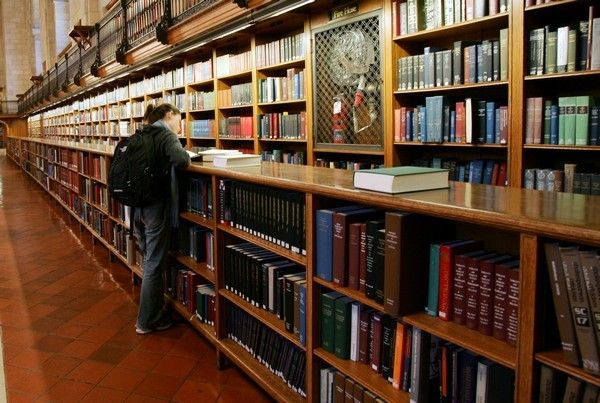Jaipur literary festival to show India's global role

Asia's largest literary festival kicks off this weekend in a historic Indian city, a testament to the growing global influence of Indian literature and its appeal to both publishers and authors.
Regional language novelists and poets will rub shoulders with Nobel laureates and Booker Prize winners at the seventh annual Jaipur Literary Festival as organisers showcase works from India's array of states and dialects to thousands of book lovers.
Nearly 50,000 writers, critics, publishers and fans are expected to pack the historic streets of Jaipur, the famously pink-tinged capital of India's northwestern state of Rajasthan, for the five-day event from Jan. 21.
This is the one time that the Indian middle class gets to see all of India's literary talent. Jaipur has become the place where people get access to writers they would not normally get an opportunity to read, organiser William Dalrymple told Reuters.
From only 14 attendees in 2005, the festival has grown into the world's largest free literary event, testament to literature's surging popularity in an English-speaking country with a bulging roster of internationally celebrated authors.
The Indian book market is booming, book sales are going through the roof. And while the cover prices are lower than in the West, you now have a situation where writers in India can make a career from books, Dalrymple said.
Twenty years ago India imported all of its books.
A row between Open, an Indian news magazine, and Dalrymple has raised controversy over the role of India's former colonial, English-language influence, seen by some critics as overshadowing a myriad of Indian languages.
However, along with more best-selling international authors than ever before, Dalrymple and his co-organiser Namita Gokhale hope this year's festival will allow local talent, previously restricted to specific states, regions or languages, to flourish.
At Jaipur, we present Indian literatures across different languages alongside international writers. The diversity of backgrounds is what makes it exciting, Gokhale told Reuters.
The festival is about reclaiming territory from the idea that for anything to be a success in India, it needed validation from the rest of the world. It's about being confident in saying good writing, in any language, is good writing.
Nobel laureates J.M. Coetzee and Orhan Pamuk top the list of globally celebrated attendees, while fans will also hope to spot Booker Prize winner Kiran Desai, Trainspotting author Irvine Welsh or Candace Bushnell of Sex and the City fame.
Access to all the events is free, and with no VIP treatment for the best-selling writers and poets, fans can get unique access to their favourite authors. In addition to die-hard bookworms, the festival's music and dancing events attract students, tourists, and even India's celebrity glitterati.
People have a lot of fun at our festival. We have a wonderful and unique mix of partying, holiday and intellectual stimulation, Dalrymple said.
The largest of its kind in the region, the festival heads a growing group of literary gatherings across South Asia, including the Galle festival in Sri Lanka, which begins the day after Jaipur ends, and an edition of the international Hay Festival of literature which began last year in the southern Indian state of Kerala.
Fuelled by an expanding middle-class and rising literacy rates, India's publishing industry is growing at a steady clip, and Indian and international authors and publishing houses see exposure at Jaipur as important for sales.
The festival allows the publishers to showcase the list of authors and the kind of work and publishing that has happened in that year and definitely helps draw new talent to you, Lipika Bhushan, marketing manager for HarperCollins India, told Reuters.
For Dalrymple it's all about enjoying new talent.
It's very pleasurable to take a piece of work you're interested in, and make that person famous. There is no doubt that each year there are a few big hits, and they go on to be very well-known in India.
© Copyright Thomson Reuters 2024. All rights reserved.





















